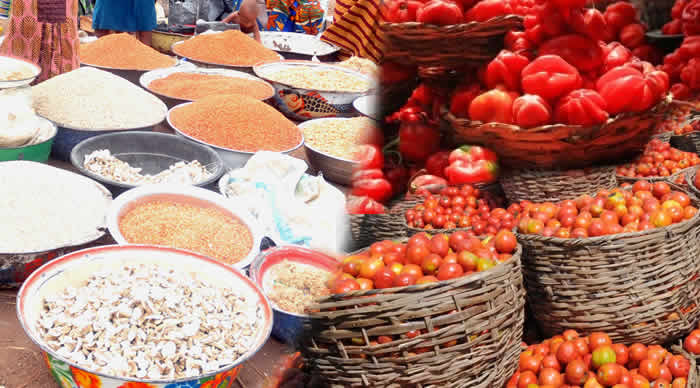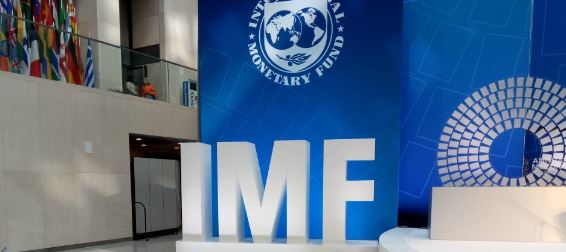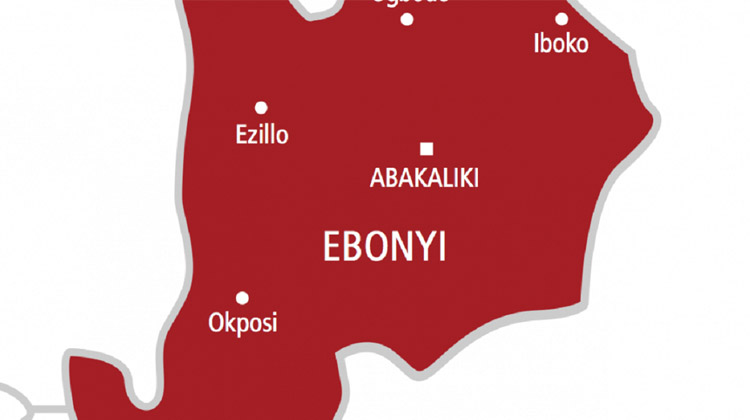The high cost of food items across the country will linger for months due to the effects of insecurity and the COVID – 19 pandemic on food production , Nigerian farmers have said .
According to them , the production of food had dropped and this has further escalated the prices of agricultural commodities nationwide.
Speaking under the aegis of All Farmers Association of Nigeria , the food producers said the hike in prices of agricultural produce, as confirmed by the National Bureau of Statistics , would persist for a while.
The NBS had confirmed the high cost of food in its Selected Food Prices Watch report , where it stated that the price of rice appreciated in September .
“ The average price of 1kg of rice ( imported high quality sold loose ) increased year- on – year by 39. 07 per cent and month-on -month by 2. 87 per cent to N 516. 13 in September 2020 from N 501. 71 in August 2020, ” the bureau stated .
The National President , AFAN , Kabir Ibrahim , told our correspondent that although the harsh impact of COVID – 19 on food production was global , the insecurity in Nigeria made it worse in the country.
He said , “ It is normal to have escalating prices when there is slight shortage . The effect of COVID -19, flooding and insecurity on food production is bringing up its head and that is why we are having this concern.
“ The COVID – 19 pandemic is global . Even in the US, there is an article that revealed that there is currently cases of shoplifting and about 54 million people are going to be hungry . ”
Ibrahim added , “ So in Nigeria , we believe that the high food prices will be there for some months , except if security is enhanced and our people are able to do dry season farming.
“ The dry season farming will be to augment the raining season farming that we have done . Without that , we will still have soaring prices . ”
The AFAN president further noted that the harsh economy would not support the purchase of farm produce by government for storage in national silos , in case the government intended to buy agricultural commodities.
He explained that any move to make such purchase would further worsen inflation , adding that this had made the situation more precarious.





